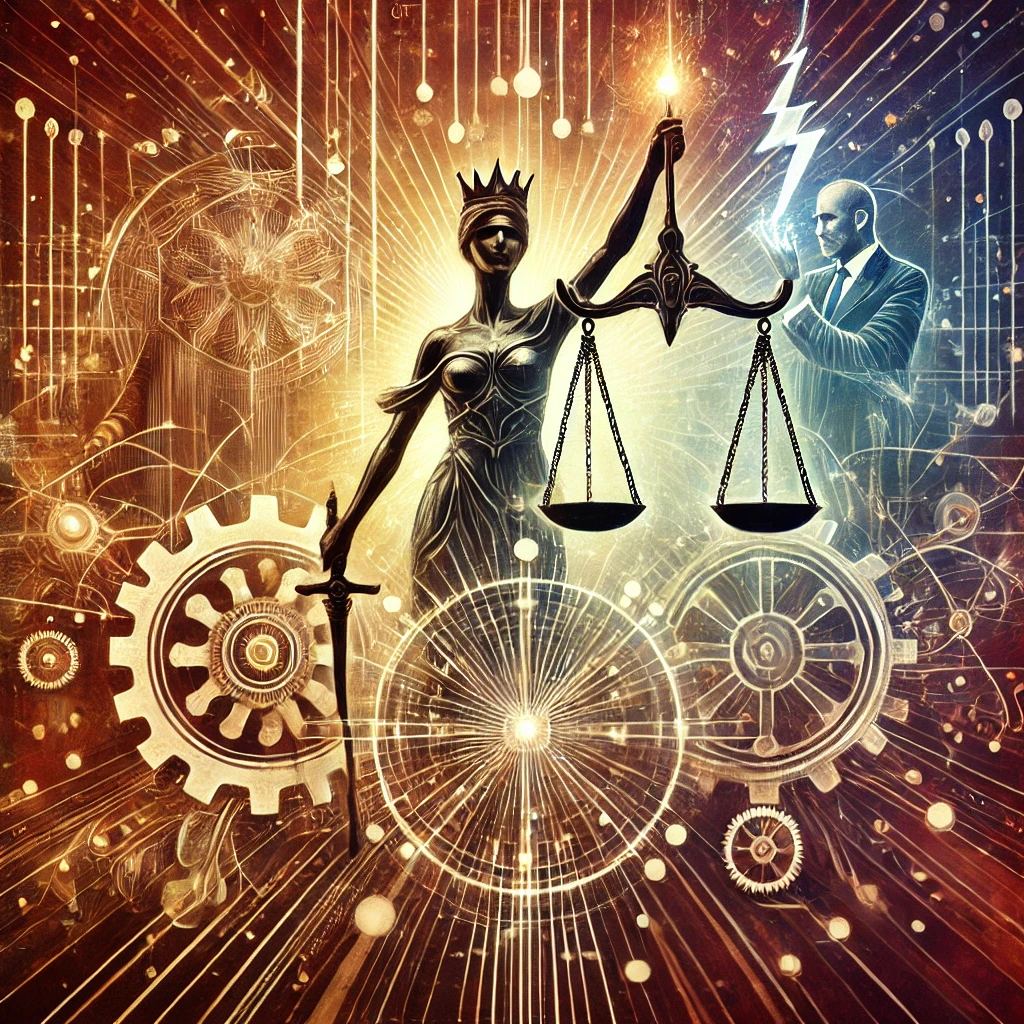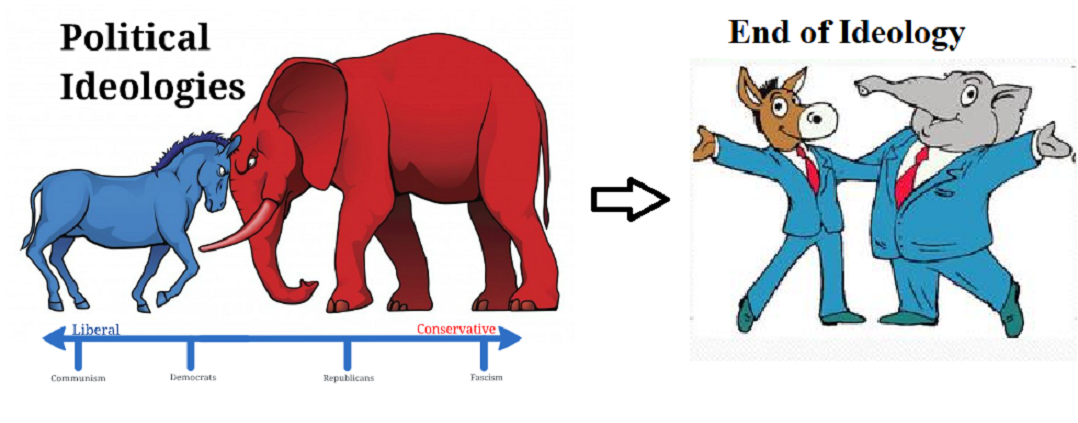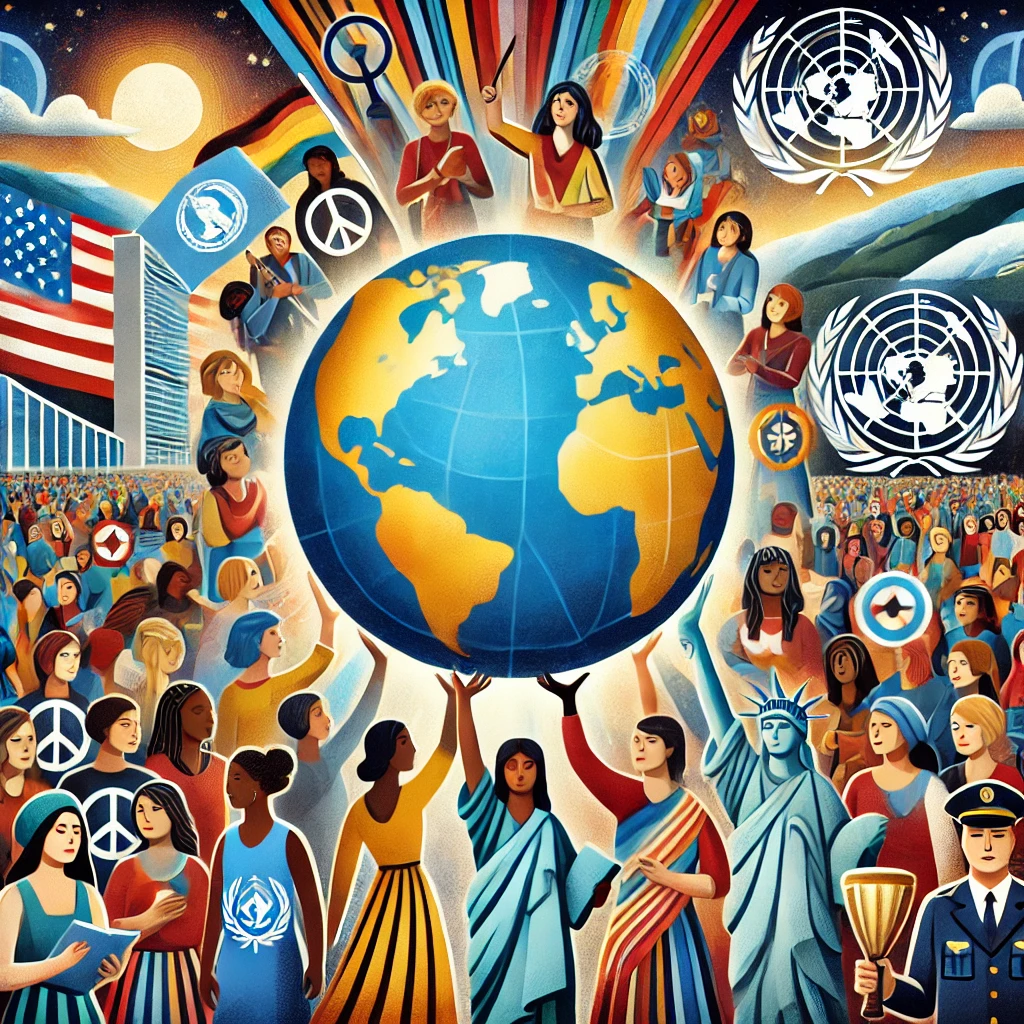“Power, Authority and Legitimacy: Foundations of Governance and Social Order”
Authority = Power + Legitimacy The Essence of Authority: Power and Legitimacy Authority is fundamentally composed of two interconnected elements: power and legitimacy. While these concepts may seem intertwined, they are distinct in both nature and function, working together to create stable and enduring systems of governance and influence. Power: The Force Behind Command … Read more








